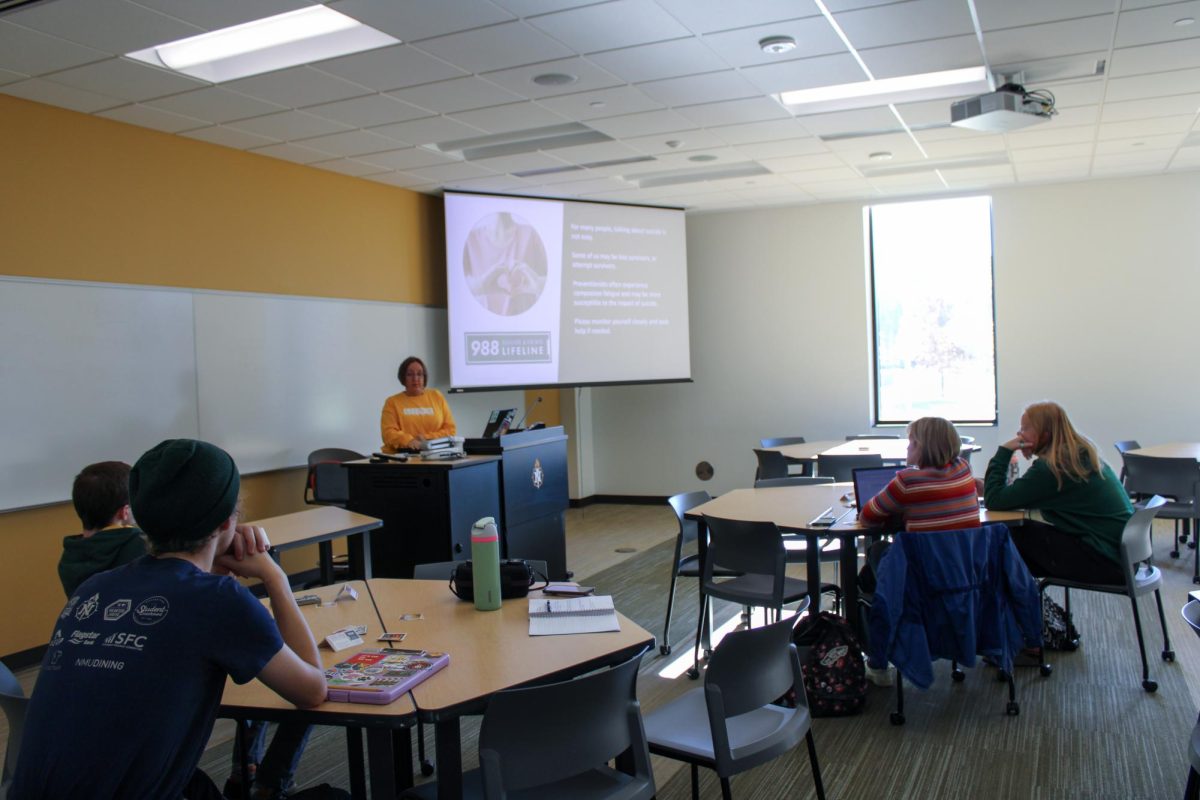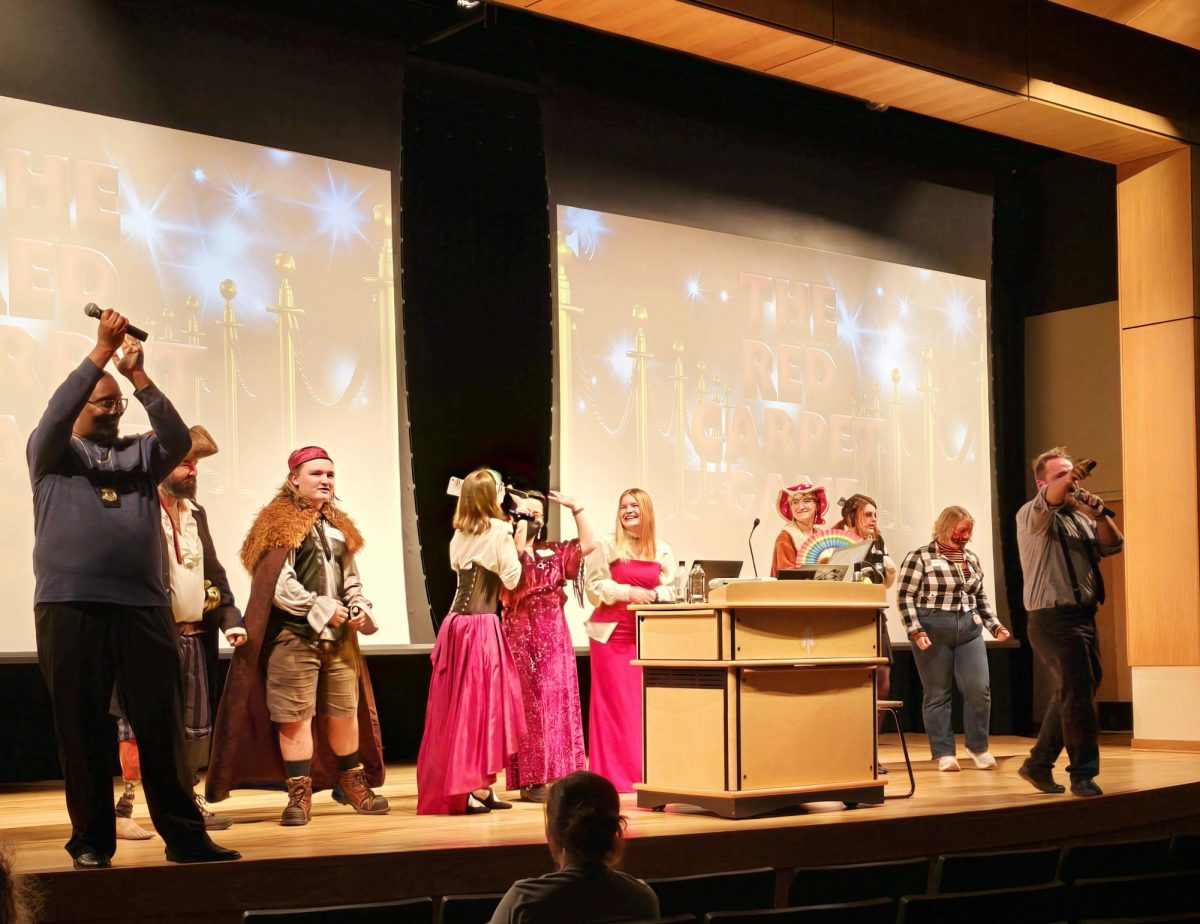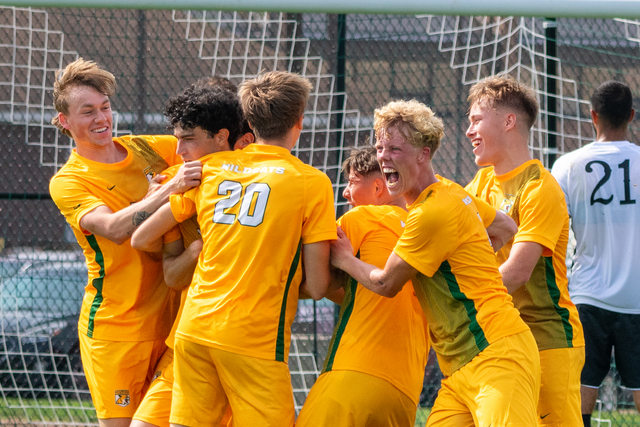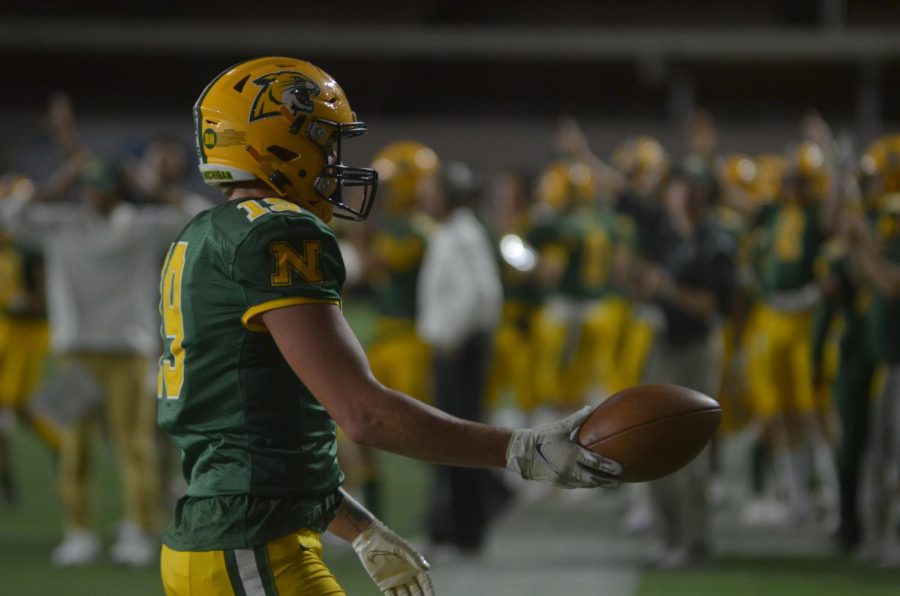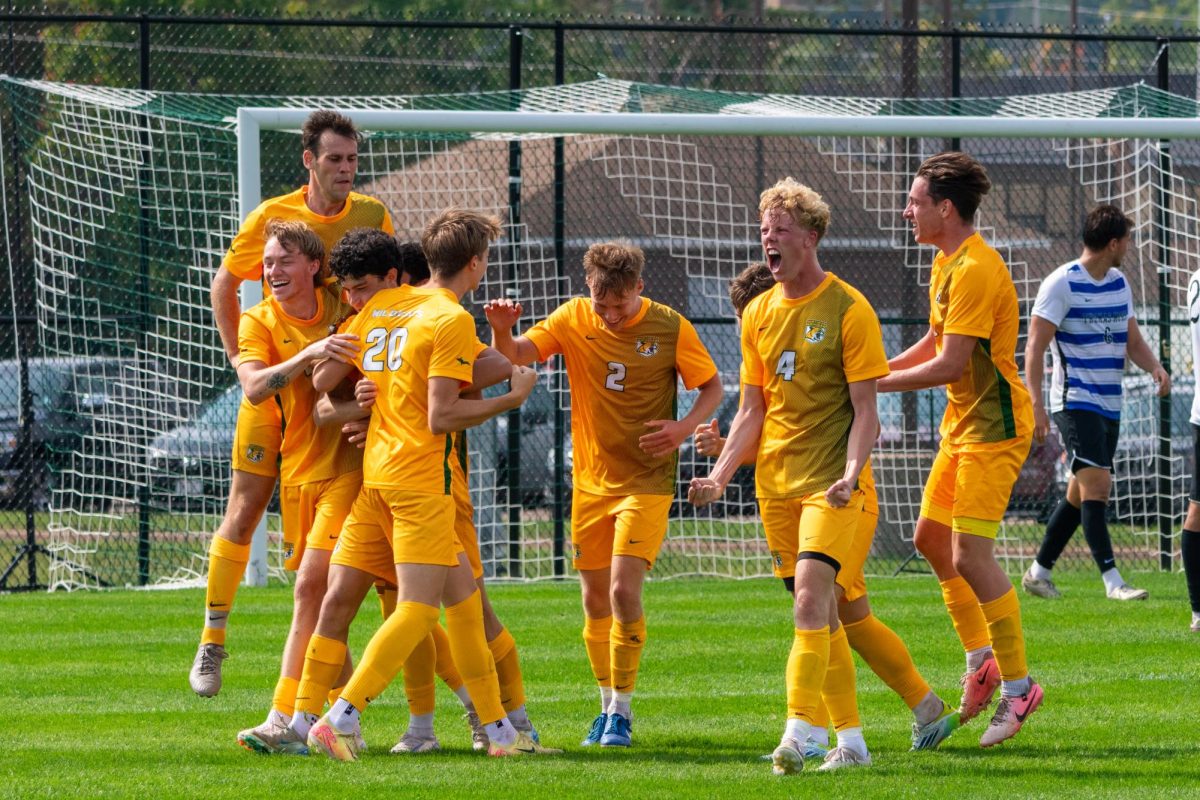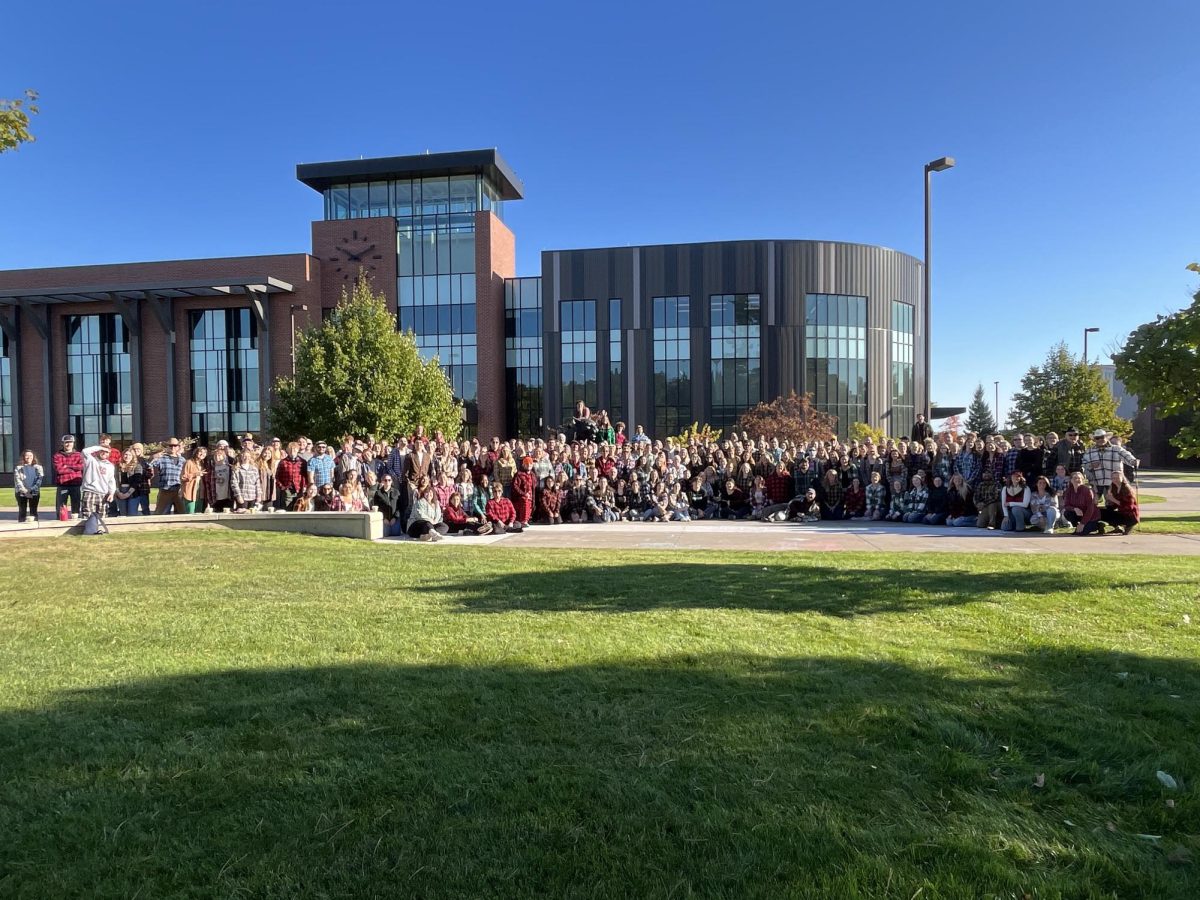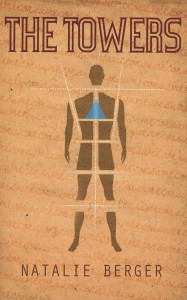Set in the future, the plot of this book is dystopian-flavored with a teen protagonist that essentially saves the world. No, not “The Hunger Games.” No, not “Divergent.” No, not “The Giver.” Another one: “The Towers,” written by Natalie Berger.
The world is currently consumed with this teen dystopian/ romance/ save the world theme. They all faintly echo each other with a whisper of similarity. “The Towers” was no exception to this.
Set 1,000 years in the future, our heroine Spade is 17 years old, waiting the normal fate of those raised in the Towers — their “Tophet,” which basically means that upon turning 18, they’ll be executed (full scythe to the neck style) in front of a crowd of people to please the gods. She, like a normal-thinking being, asks the big question: “Uh, why?”
To expand upon the plot given by the book itself, there are two classes of beings in the Towers itself — humans and “Intelligents,” whereas these “Intels” are in charge of the humans. There are no families, and humans are created in a lab (Huxley’s “Brave New World” style) by Intels.
There are several broadcasts over media to promote overeating and getting fat, making it painfully obvious from the get-go that the Intels are raising the humans (called brands) for slaughter. For food.
That being said, I liked the plot. Clichés were the big downside of the book, worming their way into dialogue of the book or actions of the characters . It seemed like protagonist Spade always read from a book titled “What Generic Teen Girls Should Say.” Maybe it’s just me having a hunger for a more complex character who doesn’t say something predictable, and then suddenly gets emotional.
The plot itself is very predictable at more points than I would like, making me sigh more than once while reading. I would dive nose-first into the clichéd cards played during the book, but I would have to stamp them out with a red spoiler-alert Sharpie.
Regardless, heed my warning: Cringe-worthy clichés are in this book.
There also was a mass of things in the book that didn’t contribute to the plot in the least.
The language spoken in “The Towers” is a bit different from normal English. This language changes the verb “look” to a new word, “vido,” or “friend” to “frood.” In the beginning, I was confused. This first-person perspective novel was using sentences like “I vido down at the black tagtoo,” on the very first page. It was a huge, clunky struggle to read and get into, discovering later (while having read to the middle of the book) that there was a quaint “Language of the Towers” guide in the very back of the book. “Great placement,” I said sarcastically. In my opinion, the author could’ve scrapped the entire different language idea completely.
My hunger for more complex characters also goes beyond the main protagonist. There were a few characters who were completely one-dimensional: the type with the “I’m going to dislike the main character because they’re the main character,” trait. Sigh.
Much like “The Hunger Games” and “Twilight,” the teen female protagonist has to essentially choose between two male romantic interests. Again with this complex. Sure, it’s fun. Team Till or Team Stratus. But at the same time, people are being killed and eaten and we’re over here worrying about who to have sex with. C’mon now, stop that.
The ending left me with a straight face. I’m still unsure if I’m disappointed, hungry for more or a combination of the two. I had turned the page, looking for more, only to find the same totally helpful “Language of The Towers” page yet again.
I did like the book, for the most part. More than once while reading I smiled. I liked the setting that was created, but at some points it echoed “The Hunger Games.” I liked the dynamic between Spade and Stratus, but then it started reminding me of “Twilight.” I wanted to like all of the characters, but soon they became clichéd and one-dimensional.
Overall, “The Towers” was an alright book. It just left me hungry, but not exactly for more.


